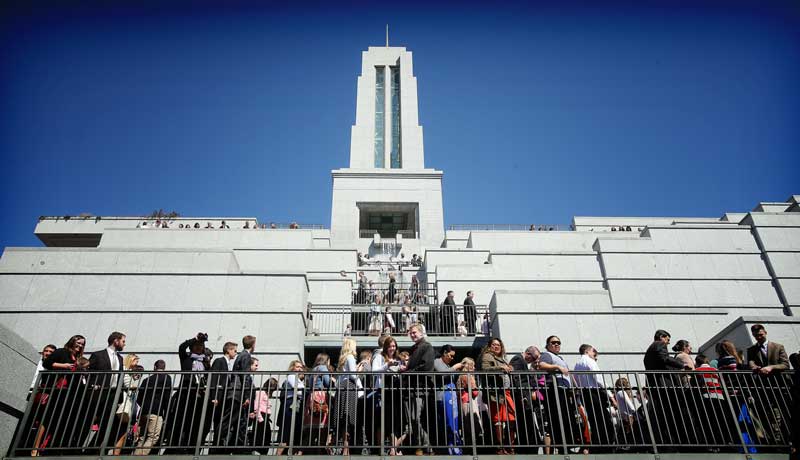Depression doesn’t wait for Sunday mornings or quiet time. It doesn’t care if your calendar is full of church groups, prayer breakfasts, or worship nights. It doesn’t care if you’re a pastor’s wife or the guy who never misses a Wednesday night service. Depression is heavy. It comes in quietly sometimes, like a fog that doesn’t lift. Other times it crashes in so loudly it drowns out every good thing you know to be true. And if you’re a Christian, you might wrestle with that in a deeper way—because how can you feel so far from joy when Jesus lives in you?
That’s the tension many people feel but rarely say out loud. So let’s say it here. Depression happens. Even to faithful people. Especially to faithful people. It doesn’t mean you’re weak in faith. It means you’re human—and you’re not alone in this.
Why Faith Doesn’t Cancel Out Depression
There’s a lie many Christians quietly believe: that true faith drives out all sadness. That if we were really trusting God, really reading our Bibles, really praying with the right heart, the dark feelings wouldn’t settle in like they do. But that’s not what Scripture shows. Elijah begged God to end his life. David wrote entire Psalms full of sorrow. Even Jesus, in the garden before His arrest, sweat drops of blood in anguish and cried out in deep distress.
Faith isn’t about never feeling despair. It’s about staying connected when the feelings change. You don’t have to smile through the storm to prove your belief. You just have to keep showing up—even when it’s messy, even when it’s barely more than a whisper of a prayer. Some of the strongest acts of faith happen when no one else sees them. When you get out of bed even though your body begs you not to. When you ask a friend for help. When you cry through worship. That’s real faith, too.
The Hope You Didn’t Know You Had
One of the hardest parts of depression is that it makes you feel like things will always be this way. It lies to you. It tells you no one really understands. That even God must be disappointed in you. But those are feelings—not facts.
There are places built just for this kind of healing, and they aren’t scary or shameful. Some people find tremendous strength and comfort through Christian rehab centers for depression. These are not cold, clinical places. They are warm, prayerful environments where spiritual guidance and mental health support work side by side. You’re not treated like a project. You’re treated like a person. These centers understand that depression isn’t just about what’s in your brain—it’s also about what’s going on in your soul. And they help with both.
It’s okay to need help beyond what your church or your Bible study can offer. Seeking that help is never a sign of weakness. It’s a sign of bravery. God works through community. Through doctors, counselors, pastors, and people who have been where you are. You don’t have to carry this alone.
When Church Feels Too Loud and Your Spirit Feels Too Quiet
Church can be both a comfort and a challenge when you’re dealing with depression. Sometimes the music, the chatter, the bright lights—it can all feel like too much when you’re in a low place. That doesn’t make you any less Christian. It makes you sensitive. It makes you in need of stillness, not noise. And that’s okay.
There are quieter spaces where people meet God in the hush instead of the volume. That might be a small prayer circle. A dimly lit chapel where you can sit without speaking. Or even a gentle interfaith service that focuses on reflection and peace without pressure. These aren’t replacements for your beliefs—they’re gentle bridges that help you breathe again. And when you’re ready, the church will still be there, just like God is—whether you feel Him or not.
Sometimes you’ll hear someone say, “Just give it to God.” And while that’s meant well, it can feel like salt in the wound when your heart is already aching. What you’re carrying might not be a quick fix. But that doesn’t mean healing isn’t happening. Often, it starts so slowly you barely notice it. A sunrise that looks just a little more beautiful. A verse that finally speaks to you after weeks of silence. A friend who texts just to say, “Thinking of you.” These are signs of movement, even when your mind tells you you’re stuck.
God Is Still With You, Even When You Feel Nothing
If there’s one truth to hold onto when everything feels numb, it’s this: your feelings do not define your faith. God doesn’t abandon people because they’re sad. He doesn’t step back when your prayers go silent. If anything, He leans in closer. You may not feel it, but He does.
The cross was not clean and tidy. It was raw and heavy and filled with suffering. That means your suffering does not scare God. He knows grief. He knows pain. And He knows you. Even in your darkest hours, His love for you doesn’t shrink. If you can’t pray, just breathe. If you can’t sing, just sit. If you can’t believe fully, believe a little. That’s enough. God can work with that.
You are not failing. You are walking through something hard, and even though it feels endless, this isn’t forever. Light will return. Joy can find you again, even if it arrives quietly and slowly. Keep going, even if it’s with small, tired steps.
You Are Not Alone
Depression doesn’t mean your faith is broken. It doesn’t mean you’ve let God down. It means you’re human in a hurting world, reaching for hope the best way you know how. God sees that. He honors that. And He hasn’t let go of you for a second.
Let that be enough for today. Let yourself be carried for now. The strength will come again. So will the light.










